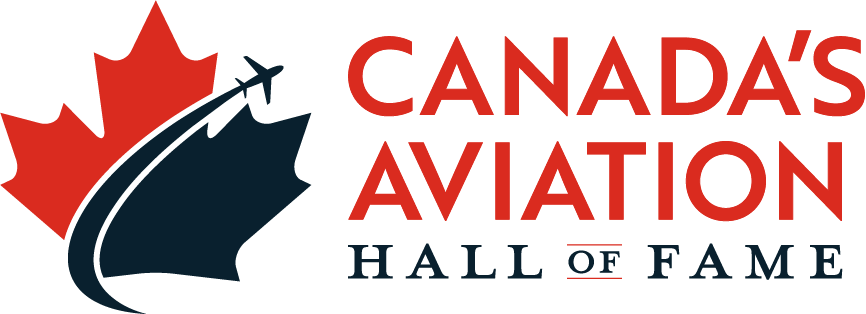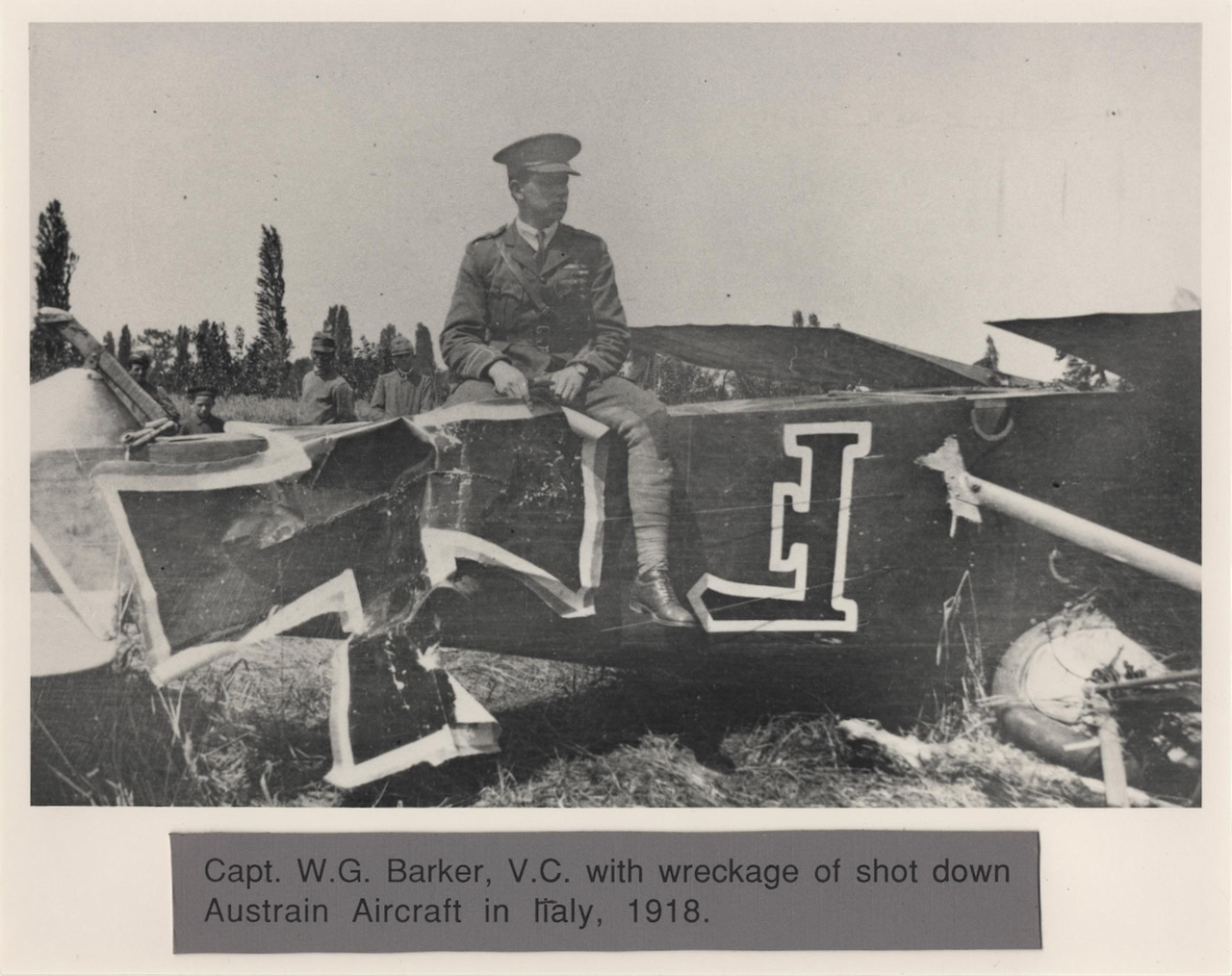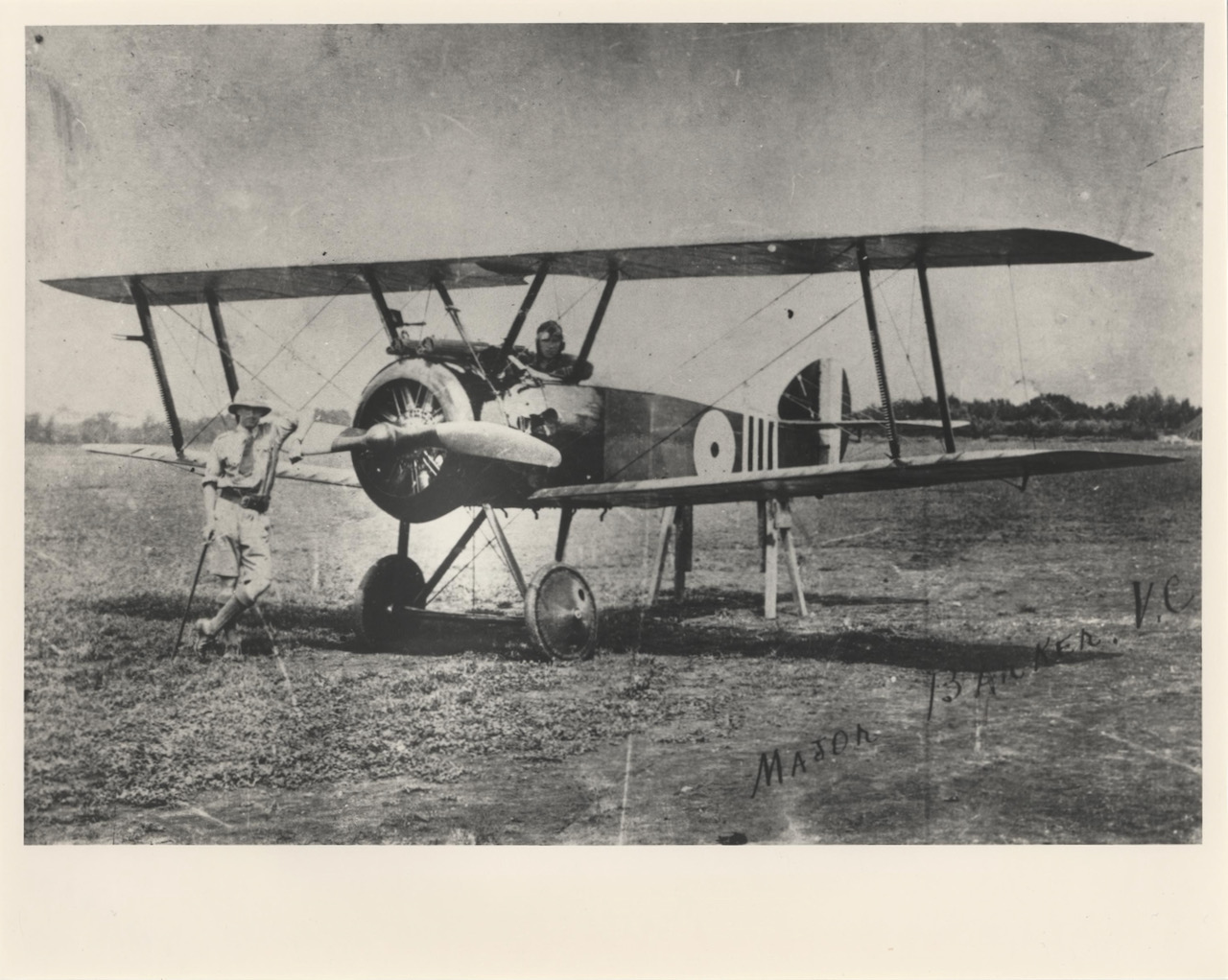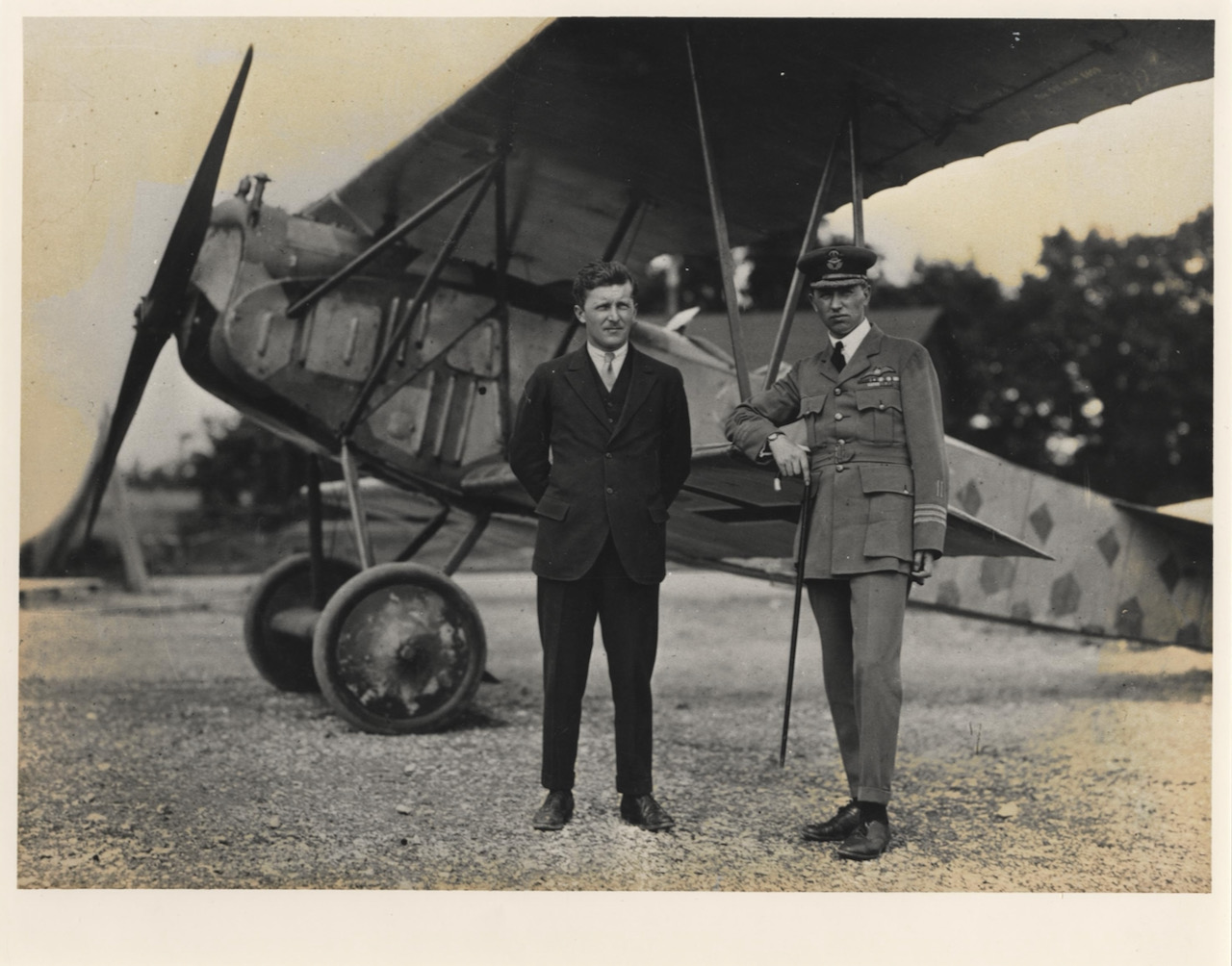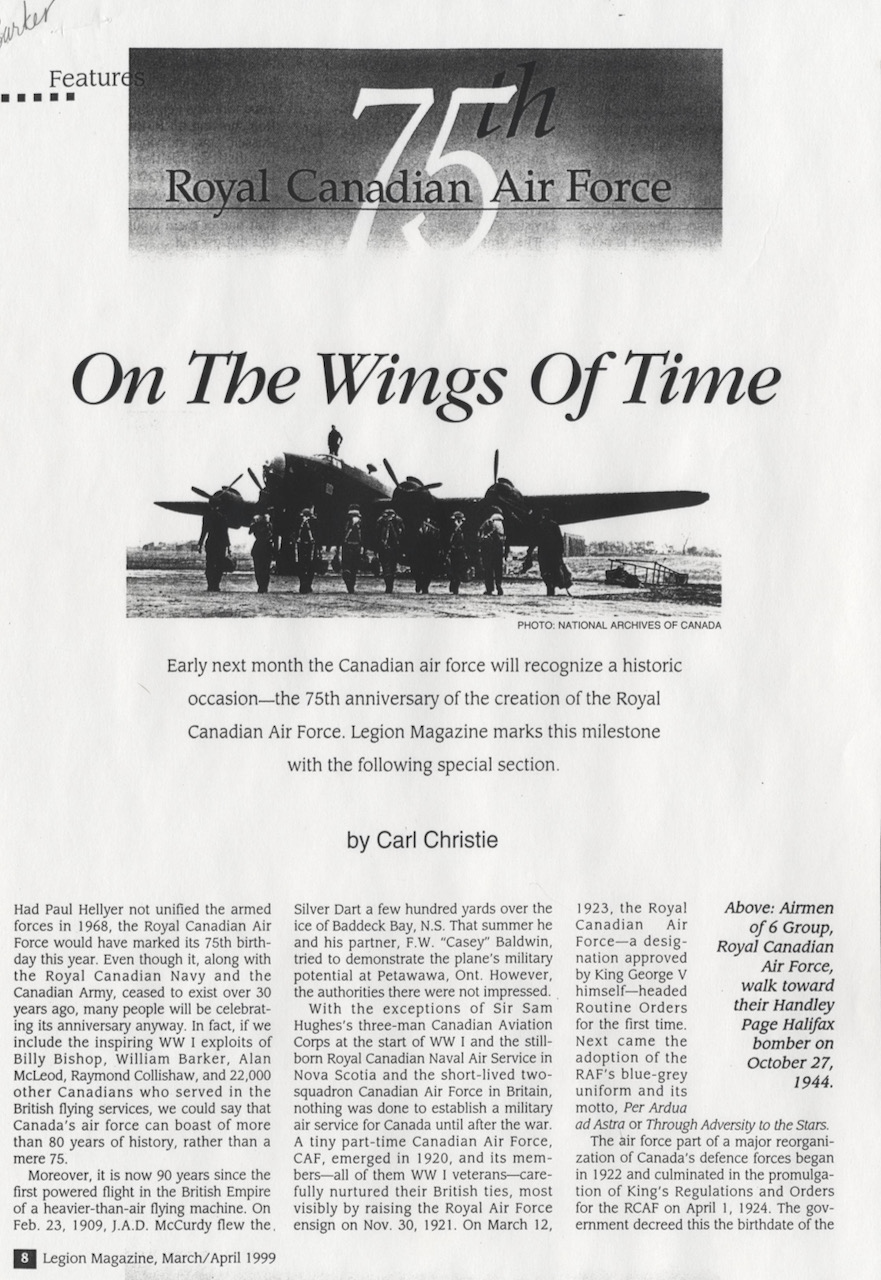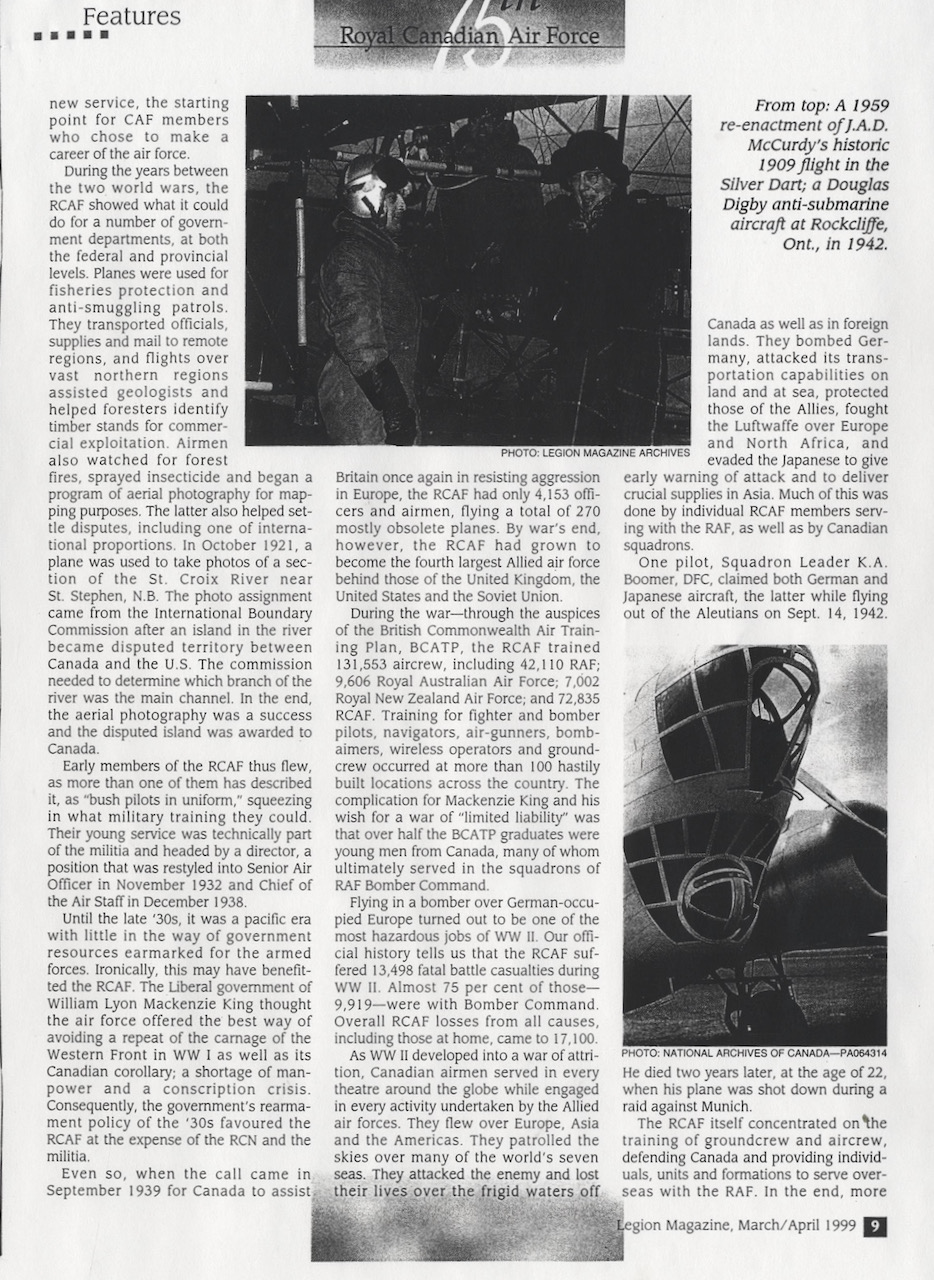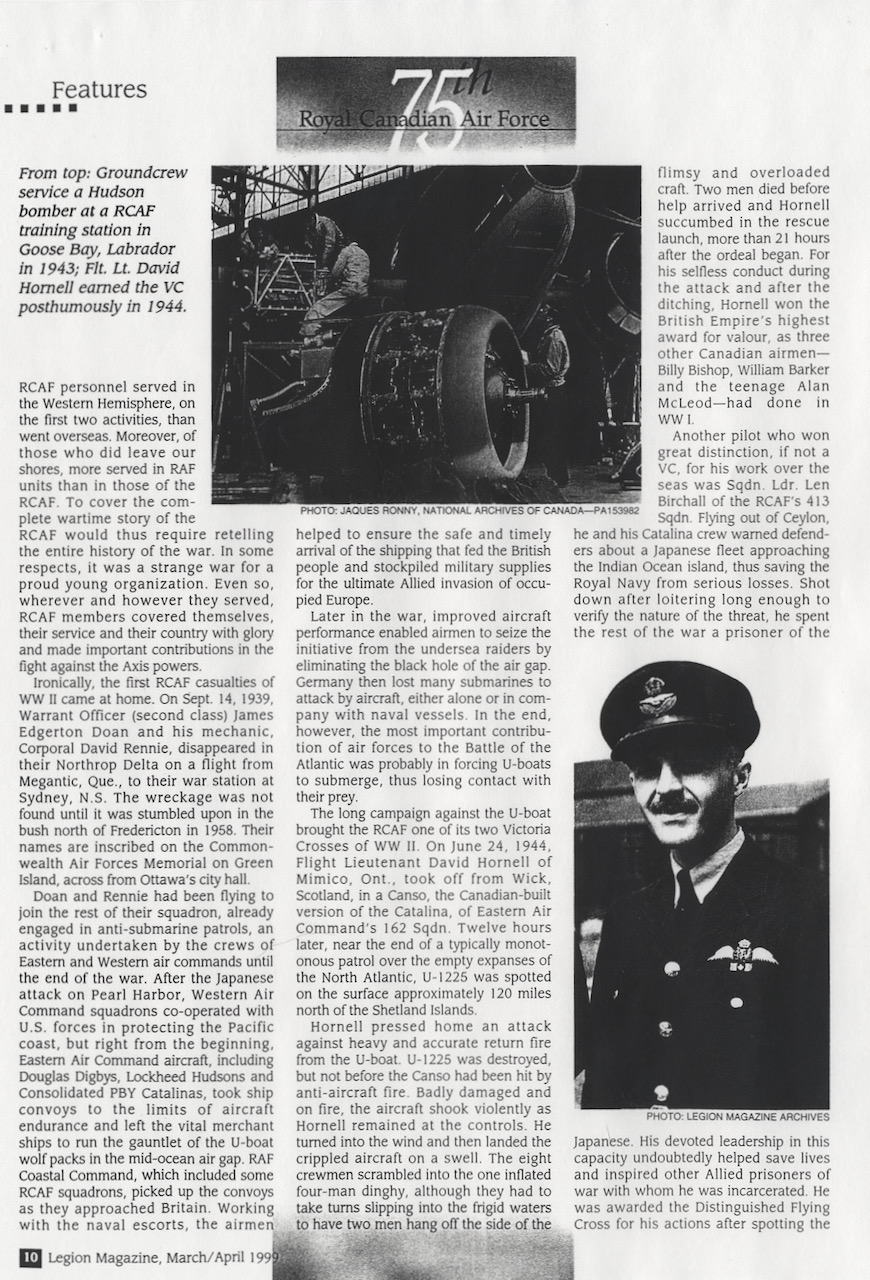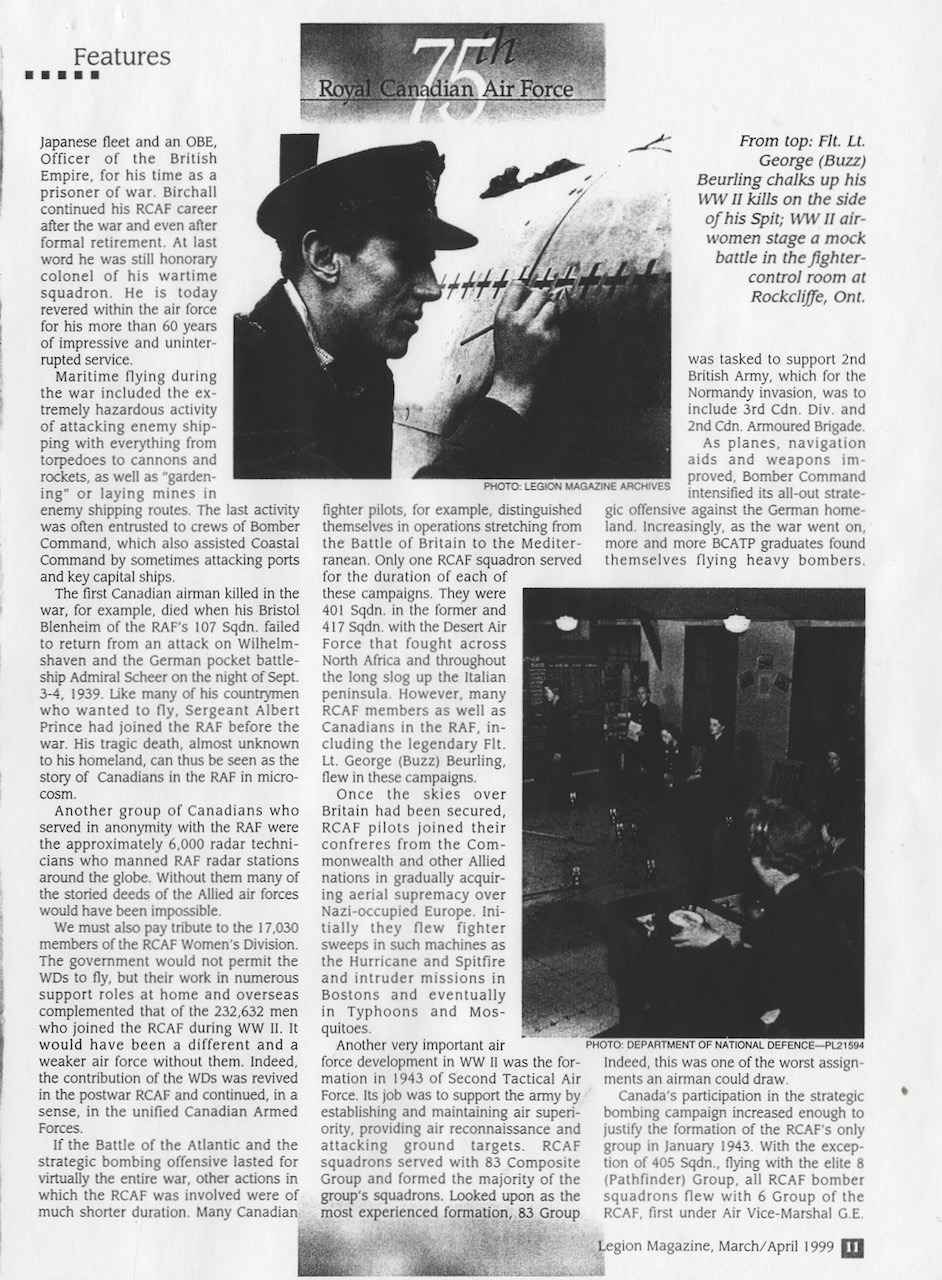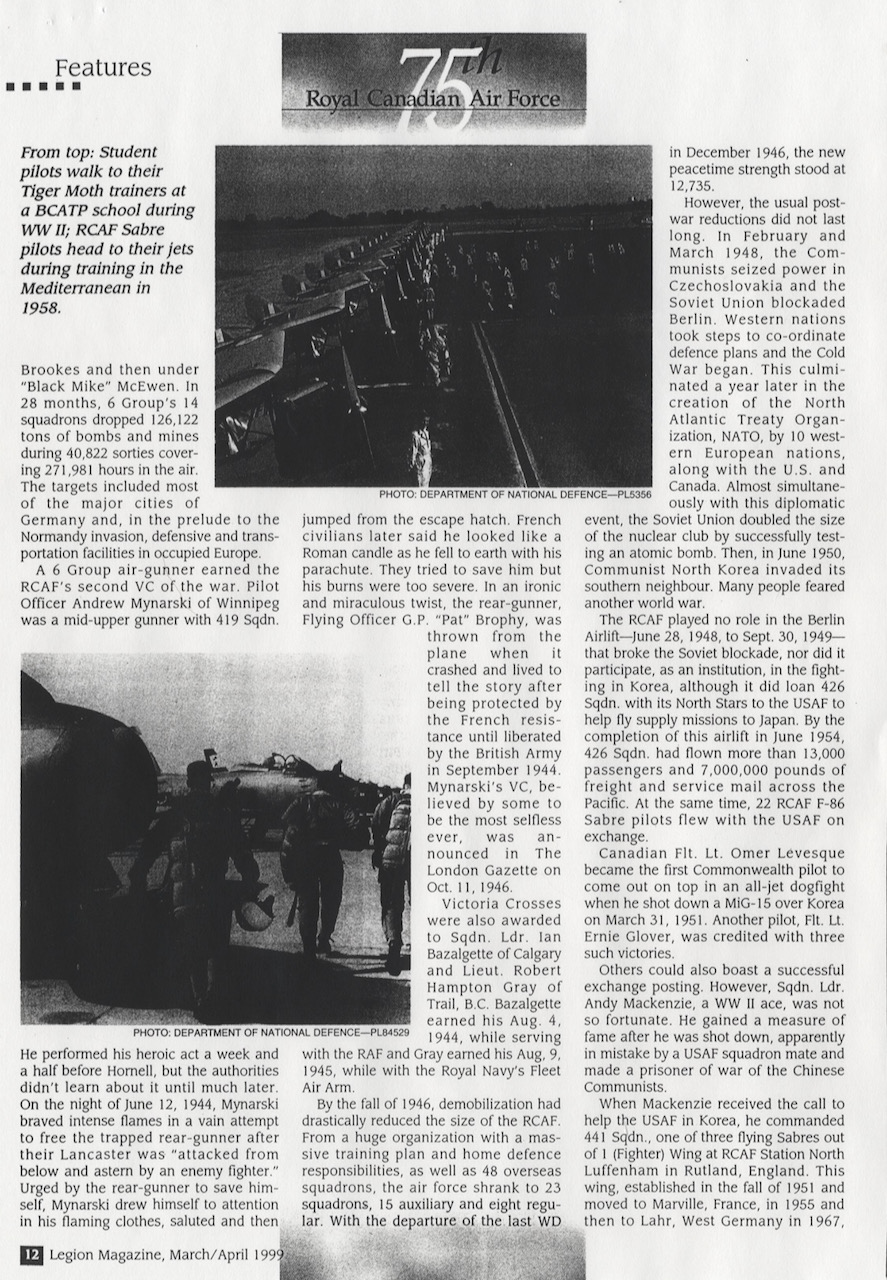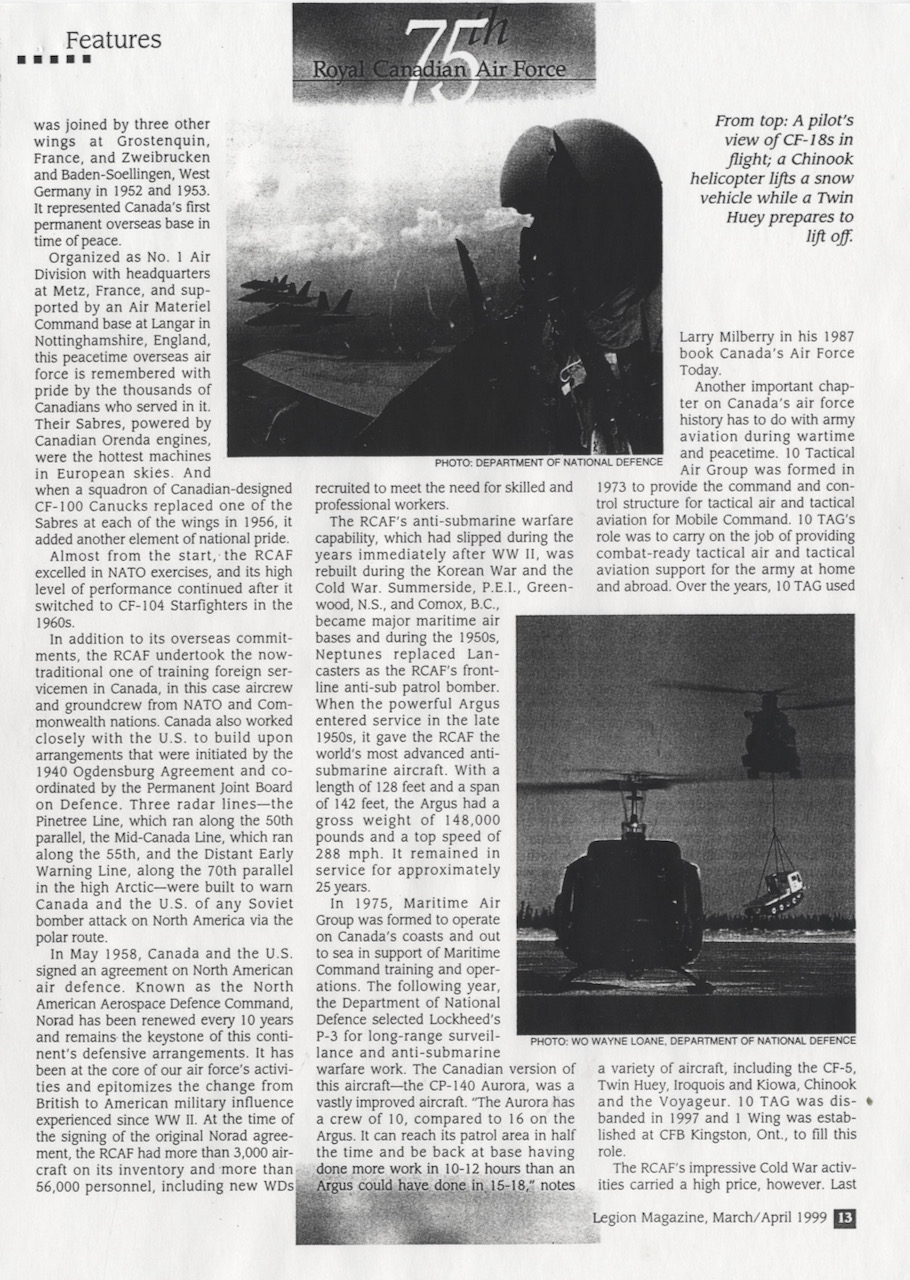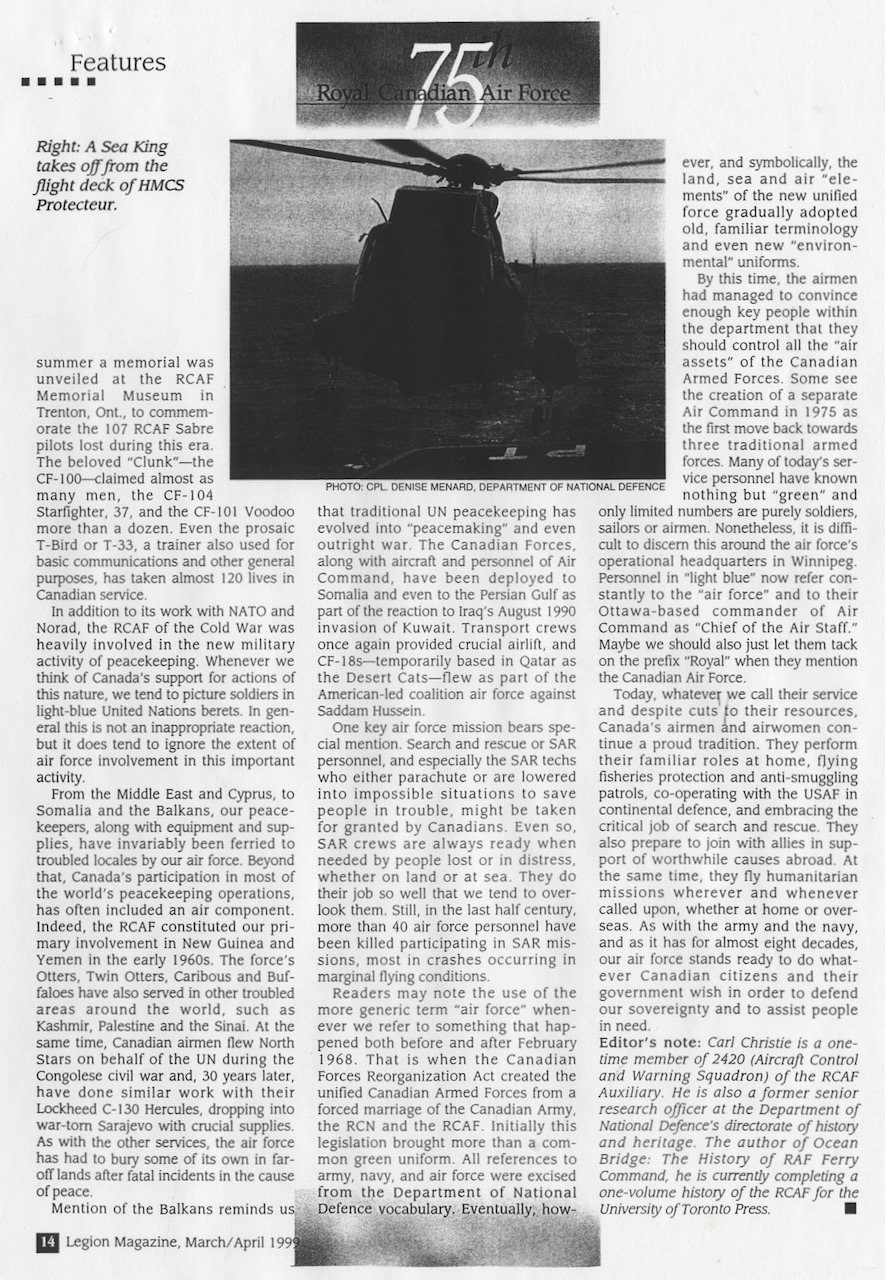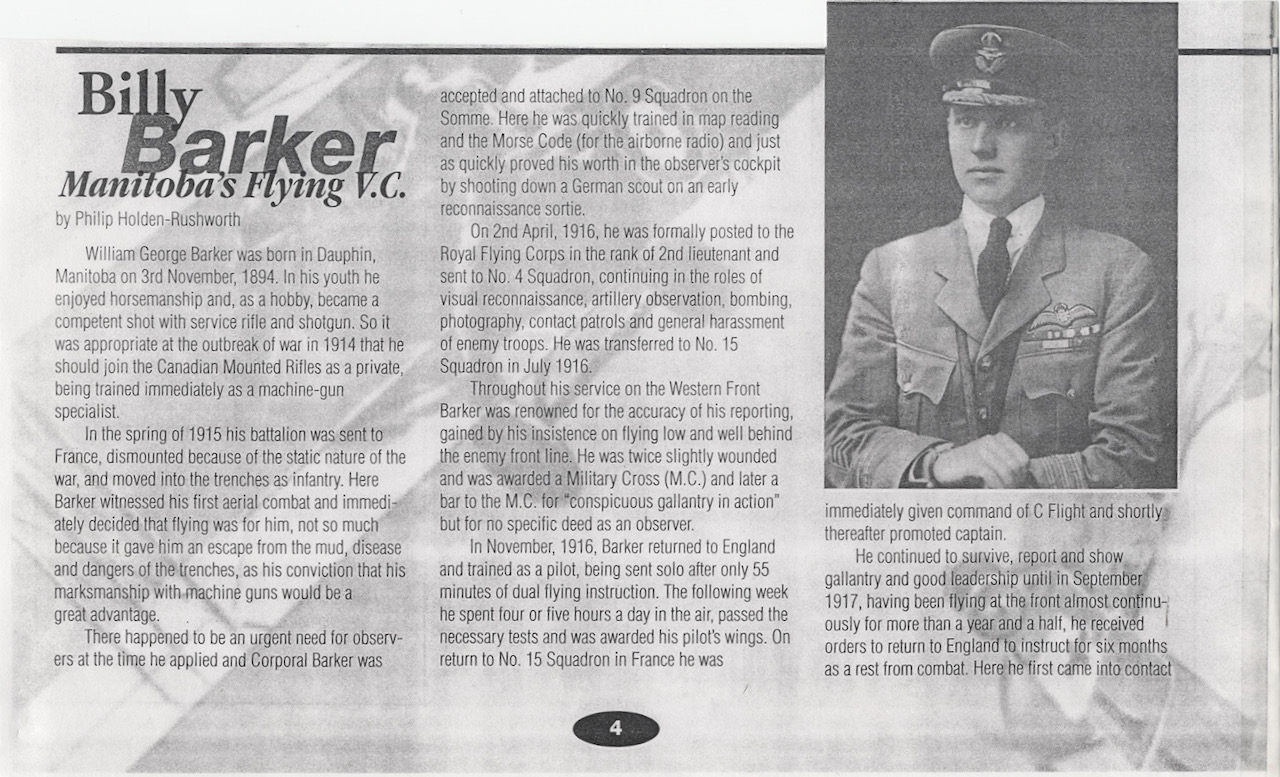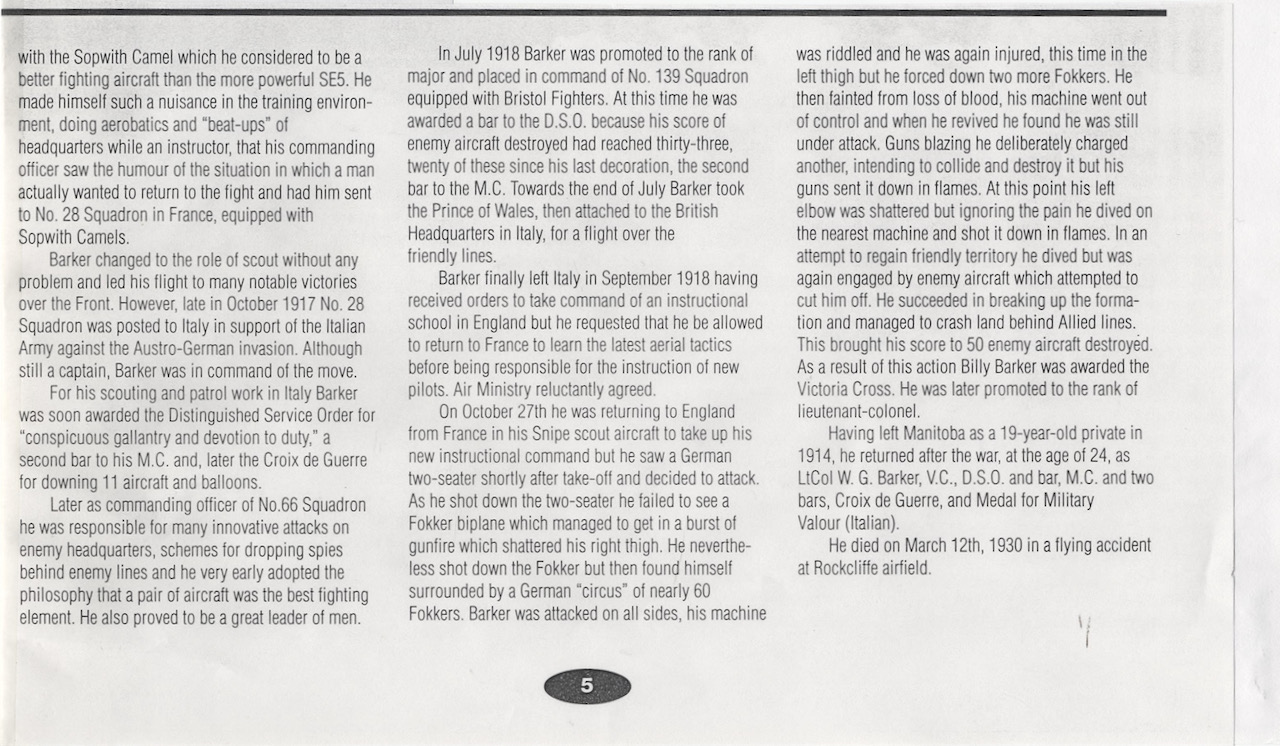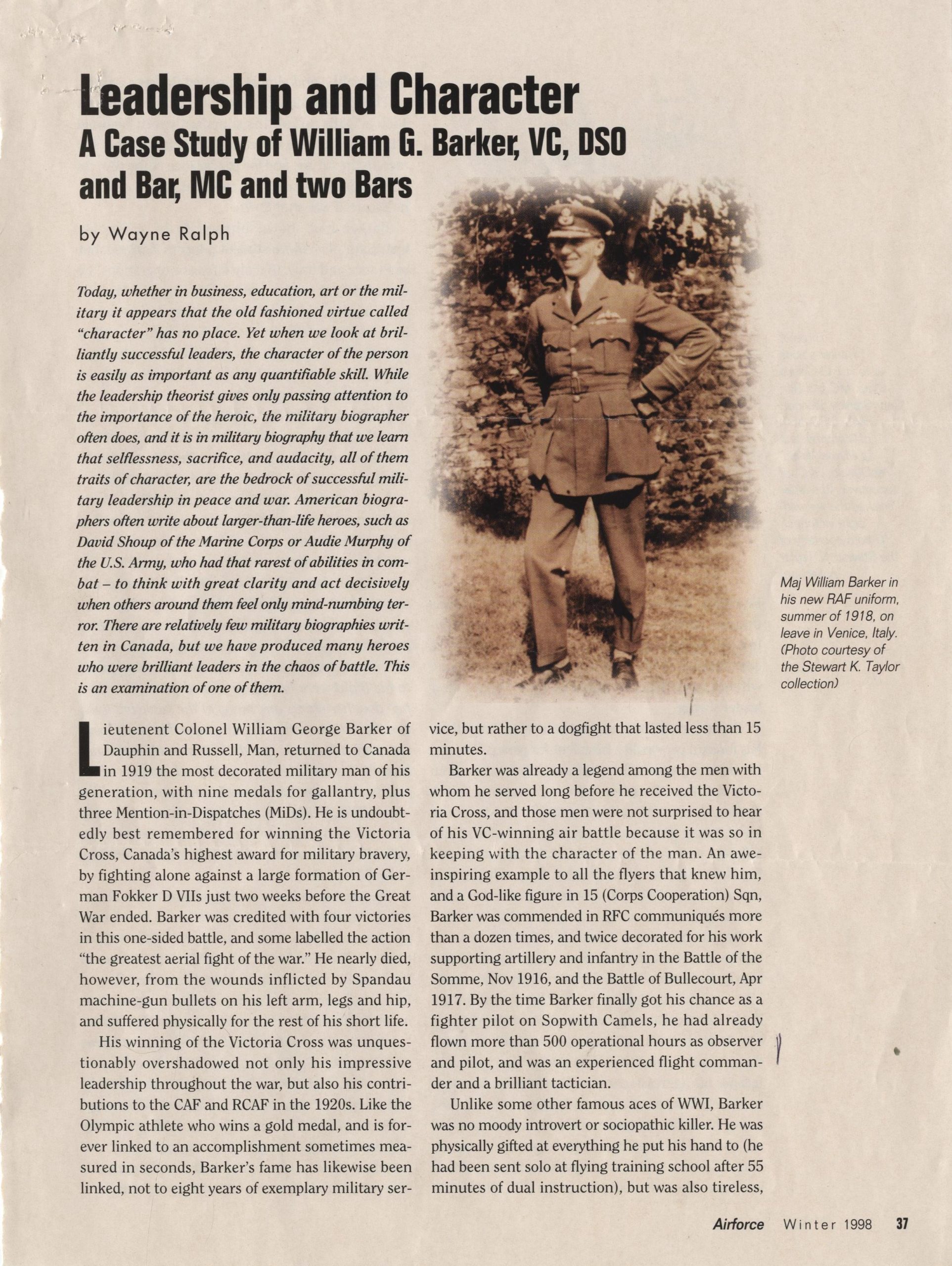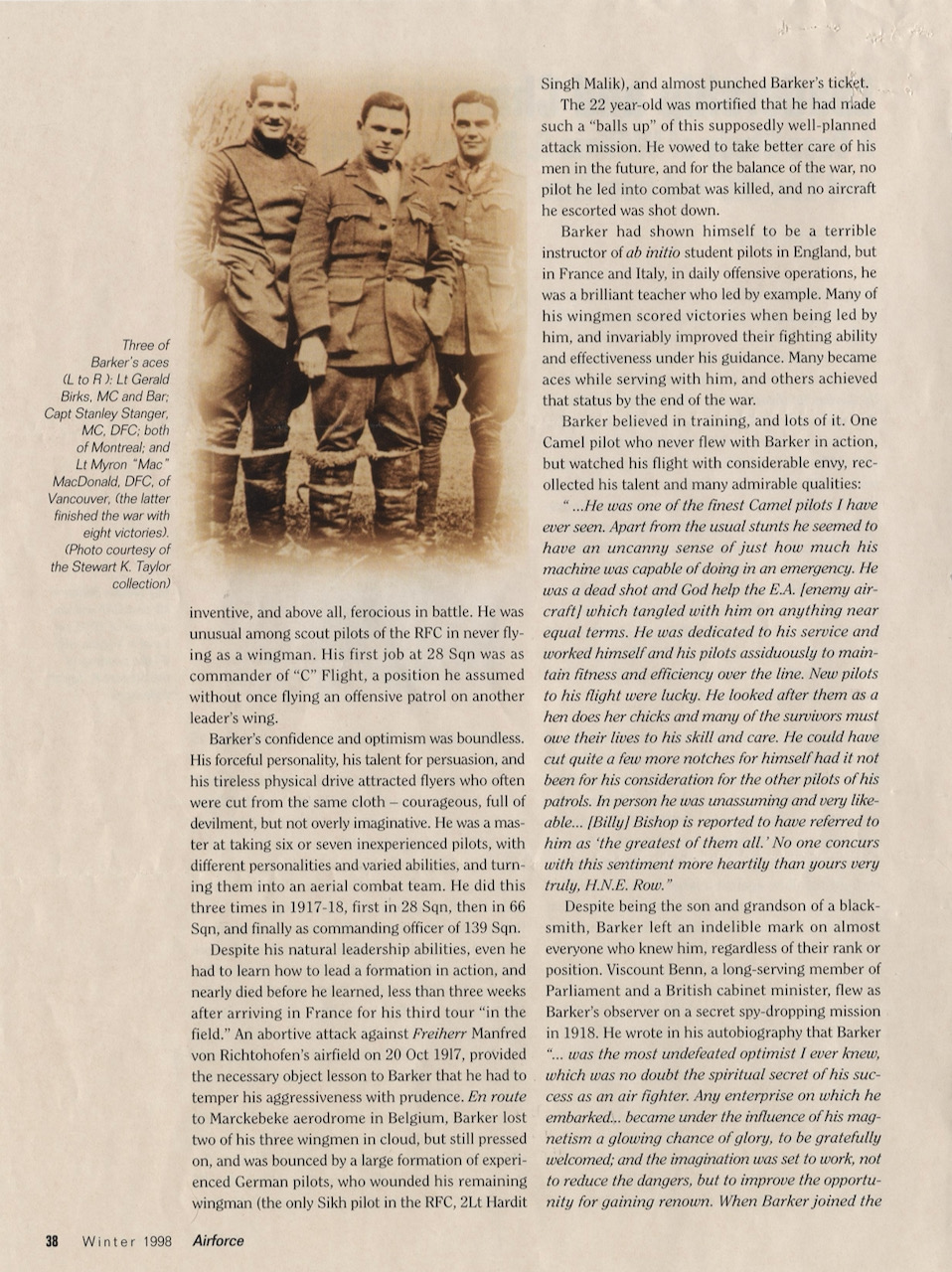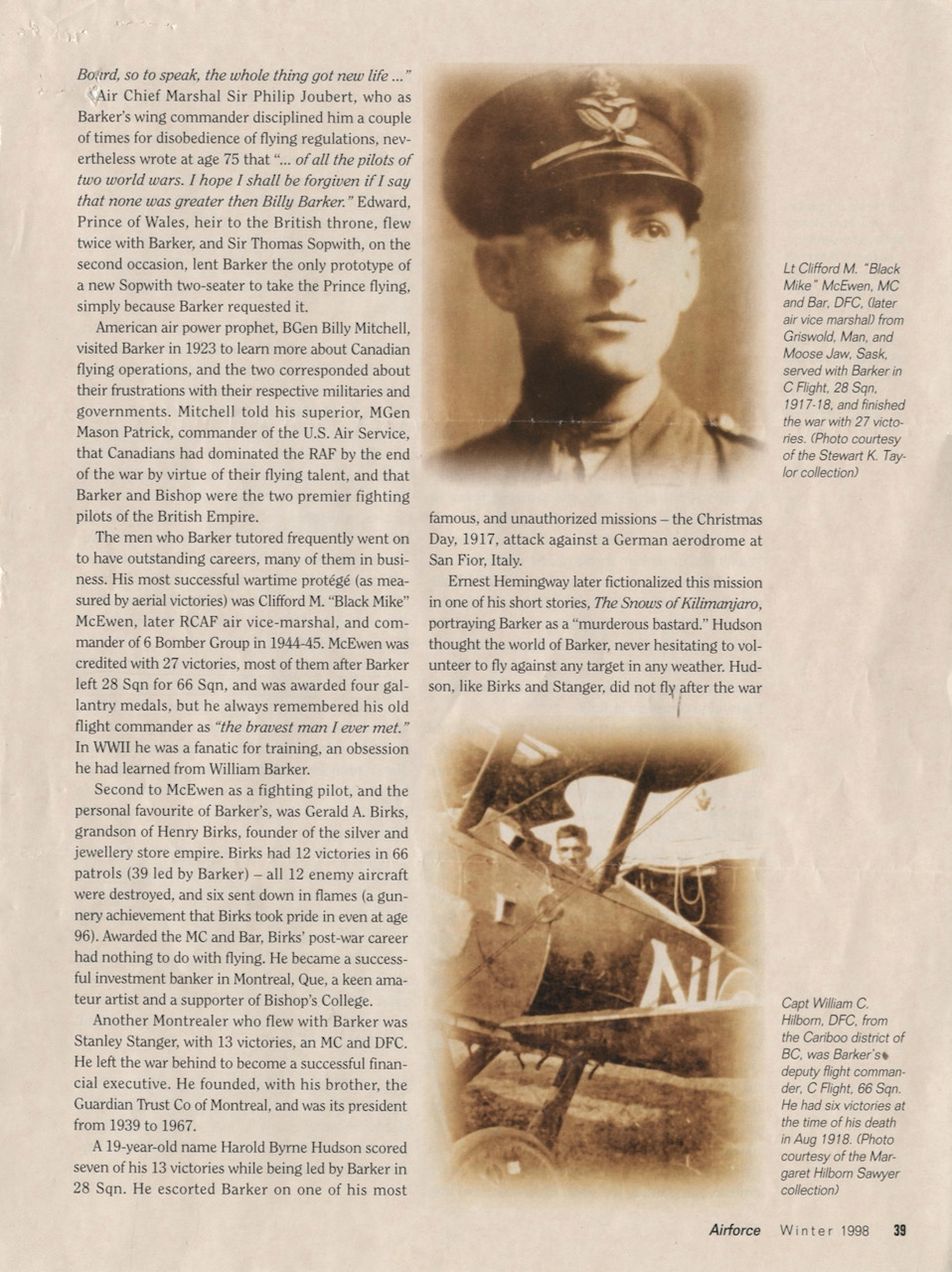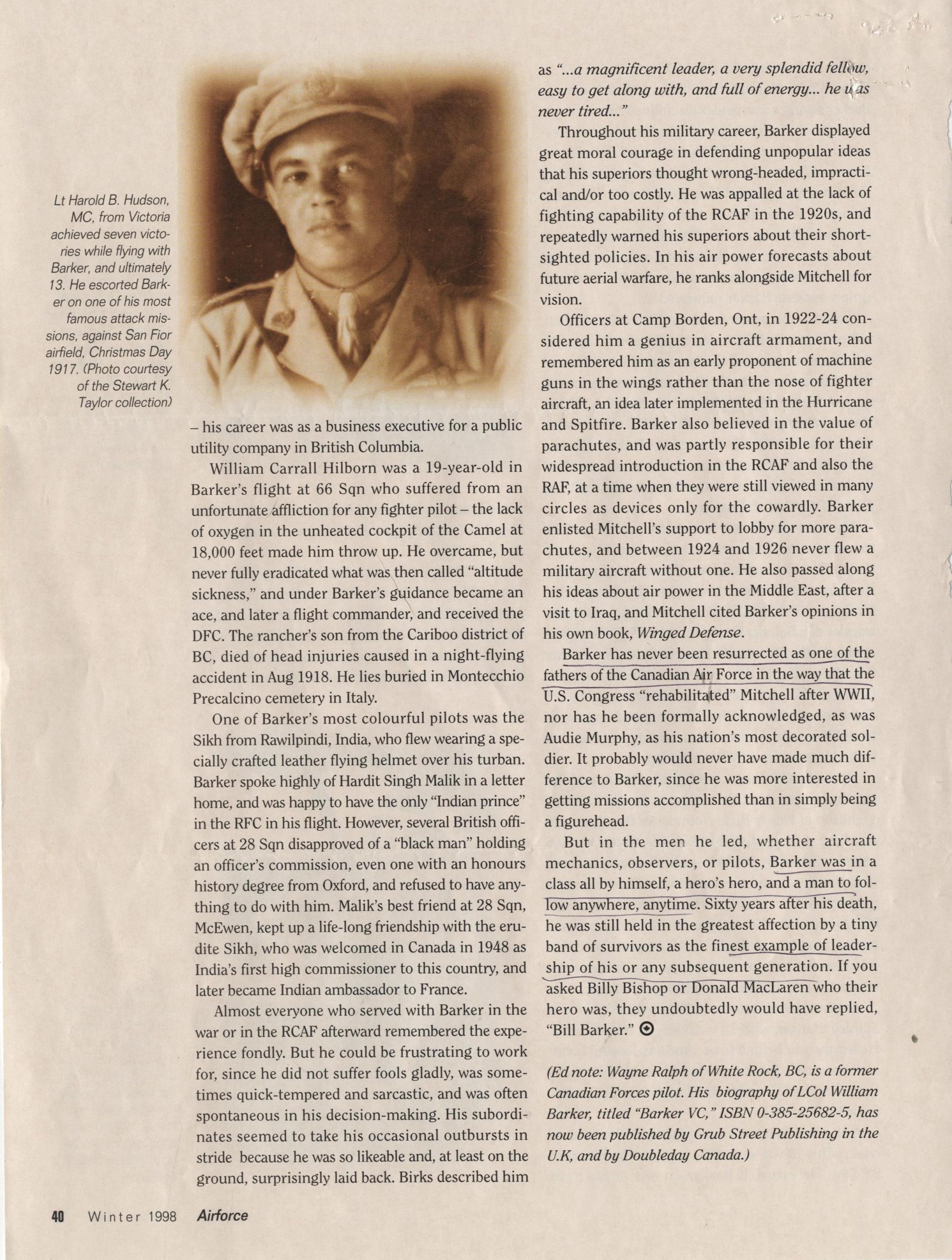William George Barker
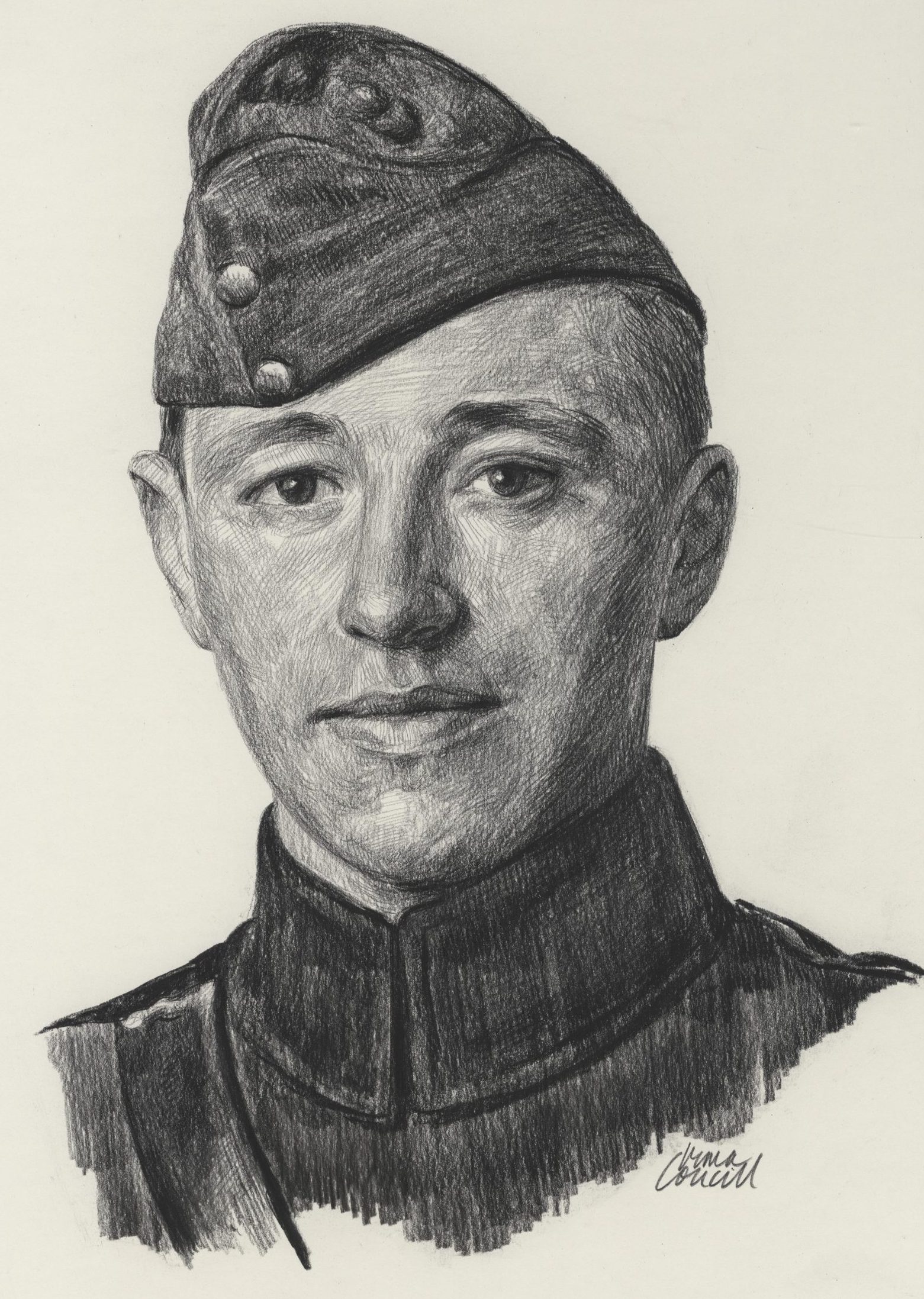
Nickname: Bill
Birth Date: November 3, 1894
Birth Place: Dauphin, Manitoba
Death Date: March 12, 1930
Year Inducted: 1974
Awards: VC; DSO*; MC**; Valore Militare Medal (Italy); Croix de Guerre (France)
His winning of the Victoria Cross in aerial combat must be regarded as one of the most outstanding contributions possible to the military aspect of Canadian aviation
Early Military Years
William George 'Bill' Barker was born November 3, 1894 in Dauphin, Manitoba, where he was educated. He moved to Winnipeg before the First World War, and enlisted in the First Canadian Mounted Rifles in December 1914.He arrived in England the following summer, and was given an immediate posting to France as a machine gunner. He was transferred to the Royal Flying Corps as a Lieutenant Observer, where he was awarded the Military Cross (M.C.) for completing a hazardous assignment under enemy fire.
Time to Fly
Back in England, Barker earned his pilot's wings, and returned to France flying observation aircraft. He was promoted to Captain and won a Bar to his M.C. for troop-spotting accomplishments. That summer he was wounded and returned to England, where he became an instructor. Within weeks he was back in France as a fighter pilot with No. 28 Squadron, scoring two victories before being shipped to Italy, where he downed two enemy aircraft on his first offensive patrol.
During the following year, he counted 33 enemy aircraft destroyed and was awarded the Distinguished Service Order (D.S.O.) and Bar, and a second Bar to his M.C. He was honoured with Italy's Valore Militare Medal, and France's Croix de Guerre. He was promoted to Major, and in September 1918, was posted to England to command a flying training school.
The Victoria Cross
Barker soon had a roving commission to operate at will from any squadron on the Western Front, flying a new Sopwith Snipe. On October 26, 1918, his score of victories had been confirmed at 46 enemy aircraft destroyed. On the following day, he is credited with winning one of the most astounding air battles in aviation history, for which he was awarded the Victoria Cross (V.C.).
Only rarely does an official citation describe in detail the action involved. The official War Office citation read:
"On the morning of October 27, 1918, this officer observed an enemy two-sweater over the Foret de Mormal. He attached this machine, and after a short burst it broke up in the air. At the same time a Fokker biplane attached him and he was wounded in the right thigh, but managed, despite this, to shoot down the enemy aeroplane in flames. He then found himself in the middle of a large formation of Fokkers, which attached him from all directions, and was again severely wounded in the left thigh, but succeeded in driving down two of the enemy in a spin. He lost consciousness after this, and his machine fell out of control. On recovery he found himself being attached again by a large formation, and singling out one machine, he deliberately charged and drove it down in flames. During this flight his left elbow was shattered and again he fainted, and on regaining consciousness he found himself still being attached; but, notwithstanding that he was now severely wounded in both legs and his left arm rendered useless, he dived on the nearest machine and shot it down in flames. Being gravely exhausted, he dived out of the fight to regain our lines, but was met by another formation which attached and endeavored to cut him off, but after a hard fight, he succeeded in breaking up this formation and reached our lines, where he crashed on landing. This combat, in which Major Barker destroyed four enemy machines (three of them in flames) brought his total of successes up to 50 machines destroyed, and is a notable example of the exceptional bravery and disregard of danger which this very gallant officer has always displayed throughout his distinguished career."
New Opportunities
Barker was promoted to Lieutenant Colonel during his extended hospitalization, and returned to civilian life in Canada in 1919. He had no formal skills other than those the military had provided, and he had no entitlements under Canadian law, being a member of the Imperial Forces. The Canadian Government was not obliged to provide a ticket homem a civilian suit, a discharge bonus, or medical care. He was not even entitled to the annual tax-free annuity of £10 given to enlisted men who had been awarded the V.C.
However, Barker was not discouraged about his prospects in civilian life. He had promised his family he would make a fortune in civil aviation after the war, and while he was in hospital convalescing, Lt. Col. Billy Bishop, who had similar ideas, came to visit him. Together they started one of Canada's first commercial air services, Bishop/Barker Flying Company, using war-surplus airplanes.
In 1919 when Lieutenant Colonel Barker returned to Canada at the age of 24 he was the country's most decorated soldier - not just of the First World War, but all the Wars. In fact, not only is he Canada's most decorated soldier, but he ties for first place with a British Officer, Major James McCudden, as the British Empire's most decorated soldier, with nine medals for gallantry, plus three Mention-in-Despatches.
After The War
After the war, Barker was commissioned as a Wing Commander in the Canadian Air Force (CAF), where he served from 1920 to 1924. In 1924 he helped found the Royal Canadian Air Force (RCAF). In January 1930, he became Vice-President of the Fairchild Aviation Corporation of Canada, but he crashed to his death near Rockcliffe Airport, Ottawa, on March 12, 1930, while test flying one of their new aircraft.
William George 'Bill' Barker was inducted as a Member of Canada's Aviation Hall of Fame in 1974 at a ceremony held in Edmonton, Alberta.
News Stories
To return to the Inductee Page, please click here.
